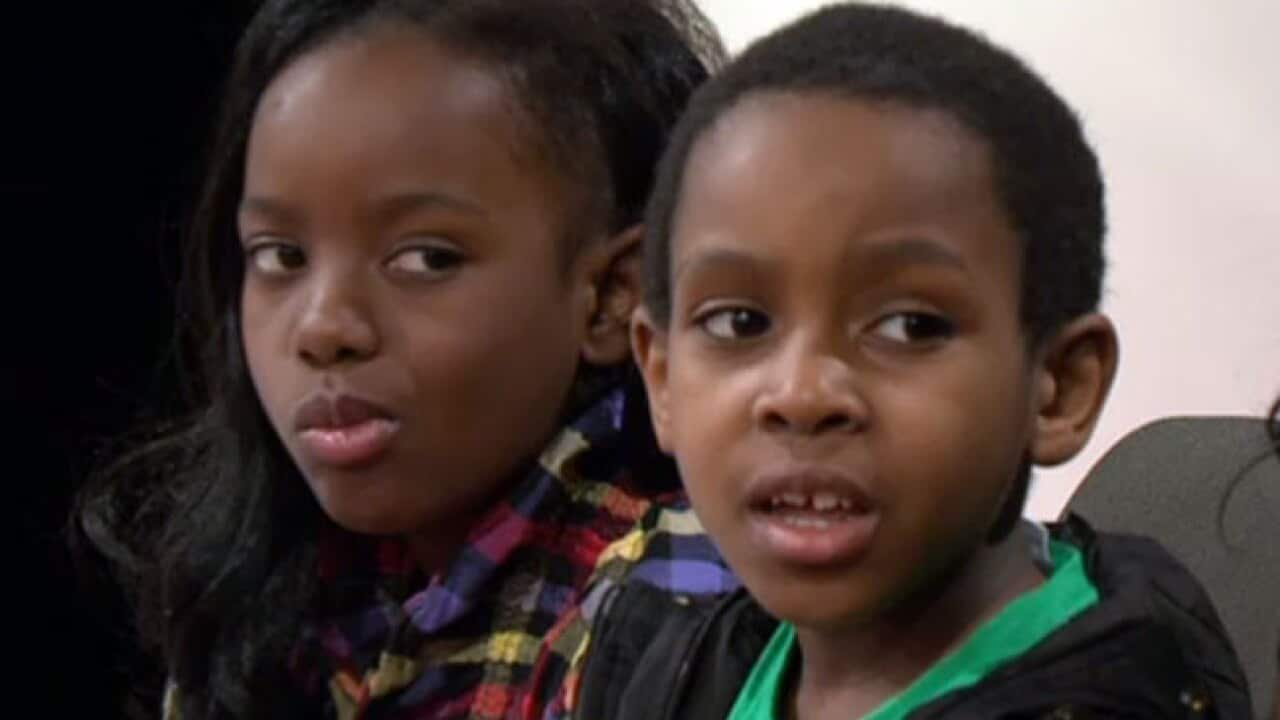It's acceptable for parents to smack their kids in certain cultures, but not in an 'individualistic culture' like Australia, an expert says.
This week, parents and children take centre stage as Insight looks at what's acceptable when it comes to disciplining children.
Jeremiah Temple and his family are originally from Sierra Leone. Jeremiah says he uses various methods to discipline the kids, with the most severe being a smack.
“Smacking is very important and that's part of my culture. My dad smacked me and I smack my kids. It's completely different, but I do it with love”.
WATCH: Andre and Jeremiah on discipline
Associate Professor Andre Renzaho says people need to stop seeing Western styles of parenting as superior to that of other cultures.
“It's very disappointing to see cultural imperialism, and what I mean by cultural imperialism, is that someone wrote a book about smacking," Professor Renzaho says.
"See, I smack my kids, but I don't condone smacking. Smacking is one ingredient that is what I call 'a clash of cultures'. Yes, smacking, when you use it in an individualistic culture, like Australia, it can be misunderstood compared to when it's used in a collective culture," he said.
"If you are in an individualistic culture like Australia, smacking, which is an ingredient of authoritarianism, is associated with maternal stress and negative emotions. When they smack, they are not smacking to discipline, but it's to relieve their emotions, relieve their stress. While in a collective society it's more about telling your kid 'when you do this, this is what is expected from you in society'".
Psychologist Larissa Sampson is a psychologist who specialises in working with children and adolescents.
She says there is no line between child abuse and smacking.
“They are all points on a continuum between what people call discipline and child abuse. Studies show that children who have been smacked in the last months are two and a half times more likely to be physically injured and need medical attention”.
“So, it isn't a fine line, it's a continuum. And what is child abuse for a person may not be child abuse for another person”.
Do you think smacking is acceptable? Join the discussion by using the #insightsbs hashtag on Twitter or by commenting on Insight's Facebook page.
WATCH A PREVIEW
Psychologist Larissa Sampson says there is no difference between child abuse and smacking. Alec Doomadgee grew up in a traditional Aboriginal family and says he doesn't shy away from smacking if it is necessary.

